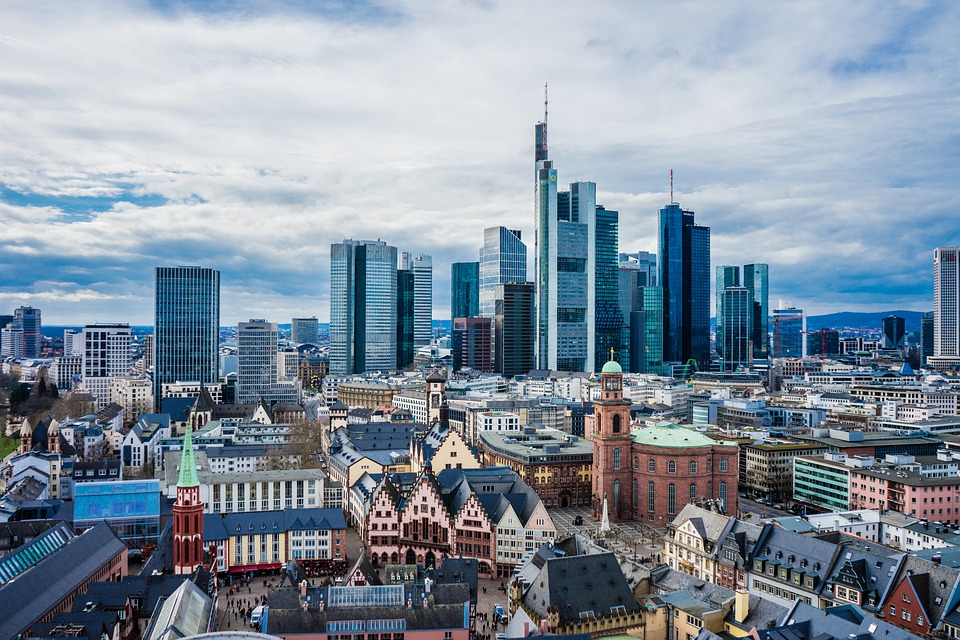Exploring the Tactics and Strategies of the Revolutionary Communist Party
The Revolutionary Communist Party (RCP) is far more than just a political party. It is an organization that fosters a revolutionary vision seeking to transform the entire society. Explicit in their name, this party does not shy away from endorsing revolutionary politics and works towards the displacement of existing systems of power and privilege. This article aims to understand and delve into the key tactics and strategies employed by the Revolutionary Communist Party which set it apart from the conventional political organizations.
Centralization of Leadership and Decision-Making
One of the most distinctive features of the RCP is its strong centralization of leadership and decision making. The party is known for its collective leadership model, with the Central Committee at the helm of the Party’s decision-making process. By focusing power and authority centrally, the Party ensures that its goals and principles are uniformly disseminated and upheld throughout the organization.
Revolutionary Theory and Ideology
Guided by a Marxist-Leninist-Maoist worldview, the Revolutionary Communist Party places considerable emphasis on evolutionary theory and ideology as the guiding principles for its mission. The party views revolutionary theory not as a dogmatic ‘sacred text’ but a critical and dynamic tool to analyze and understand the structural complexities of society. This, they believe, will equip its members and followers with the intellectual arsenal necessary to uproot the systems of exploitation and establish an egalitarian society.
Mass Line Strategy
Compile from the masses and return to the masses – this well encapsulates the ‘Mass Line Strategy’ employed by the Party. This revolutionary strategy seeks to forge a strong and intimate connection between the Party and the masses. When it comes to formulating policies and strategies, the Party first gathers the ideas, opinions, and suggestions of the masses. Upon thorough analysis and synthesis of these inputs, the Party then goes back to the public, elucidating the developed guidelines. This robust feedback loop ensures the Party’s plans and activities resonate with the grassroots, empowering the masses to catalyze social change.
Revolutionary Internationalism
The Revolutionary Communist Party espouses the principle of ‘Revolutionary Internationalism’. The Party advocates for the global proletariat, forging alliances with like-minded parties and organizations across borders. They recognize that the struggle against capitalism is not contained within national boundaries but is a global fight. This commitment establishes the Revolutionary Communist Party as a firm advocate of global solidarity among the proletariat to overthrow the capitalist system.
Propaganda and Activism
The RCP heavily invests in promoting its revolutionary ideology through propaganda and grassroots activism. The Party operates its own newspaper and organizes regular demonstrations, campaigns, and public debates to educate the masses about the exploitative nature of the capitalist system. The aim is to foster consciousness among the masses about their position within the system and the tremendous potential for transformative change that collective action provides.
Commitment to Revolutionary Violence
Unlike many other political parties, the Revolutionary Communist Party doesn’t deny the possible necessity of revolutionary violence as a tool to rupture the established order. While they maintain that peaceful methods of protest are preferable, they acknowledge, given historic and existing power structures, violence might be instrumental in achieving revolutionary transformations.
In conclusion, whether one aligns with the Revolutionary Communist Party’s ideologies or not, it is undeniable that the way it conducts its affairs is quite distinctive. Committed to uprooting the systems of class-based exploitation, the Party mobilizes its theories and strategies in a way that is educative, inclusive, and action-oriented. It manifests in a political culture that values mass participatory decision-making, revolutionary education, international solidarity, and potentially, revolutionary violence.




